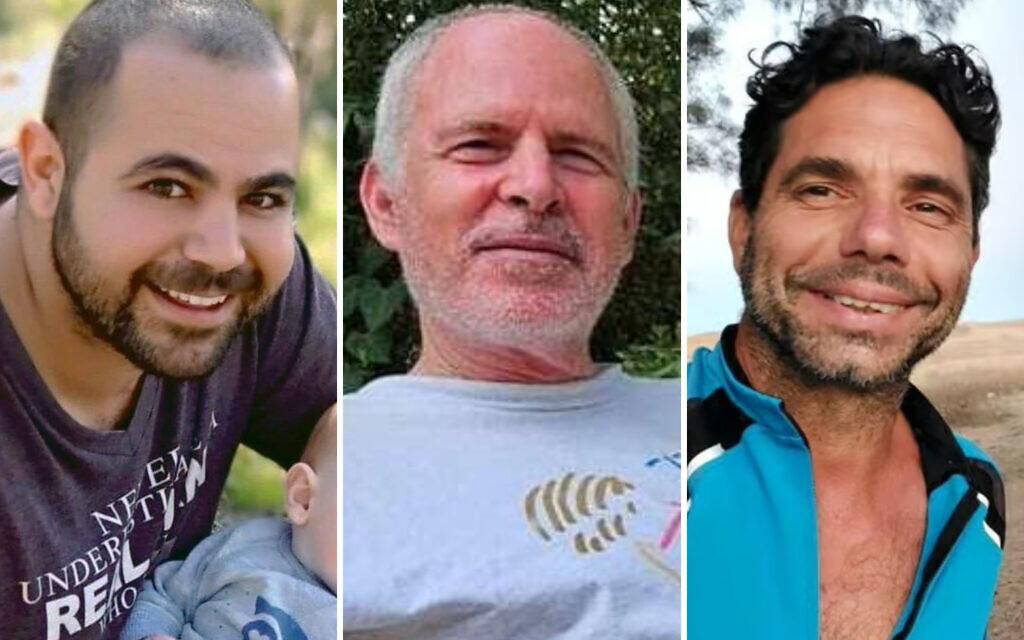Giving Gifts That Keep on Giving
Like many people, Sarah Wildman and Ian Halpern thought the process of getting married was a form of corporate genuflection. The notion of all that spending and accumulating — the typical wedding now runs upward of $22,000, according to bridal-magazine publisher Condé Nast — made them both a bit queasy. But, they wondered, what if they could use the event as a vehicle for contributing to a worthy cause?
After a little research, they found a Web site that makes it easy for couples to infuse their nuptials with the philanthropic spirit. The I Do Foundation (idofoundation) offers several options to couples who want to channel money — be it theirs or their guests’ — into the hands of charities.
And so in place of the party favors wedding guests typically find at their tables, the guests at the Wildman-Halpern wedding last October discovered place cards provided by the foundation. Each of the cards announced that the couple had donated money on the guests’ behalf to two charities: B’Tselem, which promotes human rights and democracy in Israel, where both had lived as undergraduates at Wesleyan University, and Accion International, an aid organization that concentrates on Latin America.
Using a wedding for charitable giving “really resonates with tikkun olam,” said Halpern, a 29-year-old marketing executive for a technology firm. Wildman, 28, is a journalist. (She used to work for The New Republic but is now a Pew fellow.)
“From our perspective,” he said, “a traditional Jewish wedding combines an emphasis on community and an emphasis on the individuals partaking in the marriage.” He added, “We were looking for ways that would recognize the larger community in this celebration but which also reflected our individual concerns and interests.”
The move was “well received,” he said. “People saw it as a nice gesture that was more meaningful than a token party favor.” For his part, Halpern said, “I was captivated by the idea that while we were settling up all these transactional and commercial things, we were able to siphon some money off for a less material and more cosmic good.”
When Wendy Bennett, a 27-year-old medical resident, and Brian Zavin, a 28-year-old public defender, were planning their wedding, they too turned to the I Do Foundation, which Bennett had read provides gift-giving guests with the opportunity to give something that reaches further than the gifts themselves. The foundation has brought together a pool of stores — from Amazon.com to Mikasa to Target — that have agreed to earmark up to 8% of the money spent on pots, pans, silk sheets, china plates and other selected registry items with charities of the couple’s choice. It also accepts earmarked donations on its Web site, which hosts the registry and handles all the details.
Although the foundation’s Web site lists a slew of charities — divided into categories including “social justice,” “environment” and “community development” — Bennett and Zavin chose their own: a reproductive-rights project affiliated with the Philadelphia chapter of the American Civil Liberties Union. “I’m a really big supporter of the organization’s efforts,” said Bennett, who worked with the group while in medical school. “So we decided to raise money for them.”
The idea for I Do belongs to that long-established family of brainchildren “born on the back of a napkin,” said Bethany Robertson, one of the nonprofit’s founders. She and a group of her socially concerned friends — she was in a public policy graduate program at the time; others were doing various forms of community service — were at a restaurant lamenting the paradox of the modern-day wedding.
As late-20-somethings, she said, “we were going to a lot of weddings and seeing a lot of disconnect between the everyday way people were living their lives, with their emphasis on social responsibility, and what happens when you get engaged.”
They launched the Web site last year on Valentine’s Day. Because “we’re really just hitting our first wedding season now,” said Robertson, now 30, the amount of money raised so far has been modest. Robertson puts the figure at “several hundred dollars.”
Other Web sites, such as JustGive.org, allow couples to set up donation registries. Friends and relatives can find the bridal couples — as well as their registries and details about the wedding — on the site and pledge money to whatever charities the bride and groom have selected. Weddings are just one part of JustGive’s operating model — its larger mission is to use the reach and efficiencies of the Internet to channel charity — but it doesn’t have the same combination of actual gifts and donations that I Do provides.
I Do has also partnered with Mazon, a Jewish hunger-relief organization based in Los Angeles. The idea of setting aside a cut of celebration gift registries for charity “is an idea that has been relatively slow in coming, but once it appeared it kind of took off,” said Jeremy Deutchman, Mazon’s director of development and communications.
Mazon doesn’t include a gift registry among its services, but it does allow people to make donations on behalf of others. And while weddings haven’t traditionally been major fundraisers, bar and bat mitzvahs are core events. Robertson says I Do is considering broadening its services to these celebrations. “We’re looking to expand it way beyond weddings, but we like them because it’s a time when the family is expanding,” she said.
So what does wedding etiquette — the customs of social self-consciousness — say about socially conscious gift registries? “The etiquette stance is that you don’t tell people where you’re registered,” Robertson said. “However, I think there’s a general realization that people are going to want to give gifts, and the easier you make it the better.”
There’s one last benefit: Using the I Do Foundation allows couples to head off into the sunset knowing that a portion of the dollars spent on their honeymoon is helping a cause they believe in, even as they nuzzle as newlyweds, sipping champagne.
A message from our Publisher & CEO Rachel Fishman Feddersen

I hope you appreciated this article. Before you go, I’d like to ask you to please support the Forward’s award-winning, nonprofit journalism so that we can be prepared for whatever news 2025 brings.
At a time when other newsrooms are closing or cutting back, the Forward has removed its paywall and invested additional resources to report on the ground from Israel and around the U.S. on the impact of the war, rising antisemitism and polarized discourse.
Readers like you make it all possible. Support our work by becoming a Forward Member and connect with our journalism and your community.
— Rachel Fishman Feddersen, Publisher and CEO






















